Although this tends to be a larger issue for women than for men, the idea of body positivity in fashion is not a new one. Too often have people looked at a set of swimsuits or other fashion items and otherwise clicked away from a potential purchase because they don’t feel seen.
Bodies come in all shapes and sizes and having fashion that emphasizes that will prove to be the more inclusive choice in the long run. However, not all fashion designers have jumped on this bandwagon as of yet, meaning that it’s not always smooth sailing when someone decides they want to buy clothing.
Additionally, because of how differently bodies look and can fill out clothing, what looks good on one model may not look good on another person. This can lead to disappointment and dissatisfaction of customers when they find out that a clothing option they were excited about doesn’t fit them how they wanted (even if the sizing is correct).
However, there are other reasons why body positivity needs to be a prevalent topic in the world of fashion.
A Necessary Step for Removing Some of the Fashion Industry’s Toxic Image
It’s impossible to deny that the fashion industry has a pretty toxic relationship with the idea of what makes a “suitable-looking” body. It’s the svelte, pale skin, tall and lithe model… but very few people look like that.
When the fashion industry consistently promotes the idea that this is the body shape that all (women) should have, it can be very damaging to all (women) who see it. Through the model choices, marketing ideas, and design options, the fashion industry, if they continue to promote the same ideas and not emphasize the importance of body positivity, will help create another generation that is filled with people who are never happy in their skin and who are more likely to turn to eating disorders to try and look “perfect.”
More Sales
This is a cold-hard fact/business reason, but if the fashion industry were to stop being so exclusive and if they were to start supporting the idea of body positivity, they would get more sales. The fashion industry, because of its exclusivity, has always felt unattainable to the normal person. This feeling means that a solid percentage of the world has felt as if they can never connect to the images presented by the fashion industry.
People who can’t see themselves, and who don’t want to purchase clothing that they can’t wear… will not buy clothing. If body positivity in fashion is focused on by the wider industry, more people will end up buying clothing and accessories that will accentuate their different body types.
When focusing on these diverse body images, companies must build their models around the idea of inclusion. It can’t be an afterthought, as that will make the action seem disingenuous. And, if they never focus on these different body image types at all, it will only perpetuate negative social stereotypes.
Bring the Community Together
If the fashion industry stops looking so homogenous and becomes a space where it is safe to talk about true body positivity, all the creative and passionate members who make up the community (many of whom are overshadowed for not looking like the standard says they should) will be able to band together and create an industry that is inclusive of all.
Inclusivity is one of the best ways to create a community that will last for generations to come.
The Work Being Done Now Still Has a Long Way to Go
Although there have been many movements in the realm of body positivity, the movement still has a long way to go. Although there’s been a large section of the fashion industry that has opened itself up to plus-size models and non-standard-sized models, the industry has done so as a bit of a patch to a gaping wound. There are many non-standard-sized and shaped bodies that are completely ignored by the fashion industry even now.
This world has been inundated with the idea that body image is a make-or-break idea. There’s an unrelenting feeling that bodies are something to be ashamed of if they’re not “normal,” and although this message isn’t being promoted quite as clearly anymore, it is still being argued in subtler ways. Many brands still refuse to show models who are scarred, not curvy, or even those who don’t fit into their acceptable idea of “fat.”
How to Fix This?
In this vein, the industry needs to make a complete and dedicated shift to the idea of body positivity. How they can do that is by keeping the following ideas at the forefront of their business models.
Increase the Diversity
If the employees and leaders of the brand all look the same (same race, same skin tone, same body shape, etc.), they’ll likely just “forget” to work other body images into their media. Additionally, these specific types of times, when they do finally try to add diversity to their media messaging, come off as insincere or as if they’re only paying lip service to their customers. The best way to increase the diversity within an industry is to have a staff that is filled with people who will offer a wide range of perspectives. Once all these perspectives are in the same place, those staff members will be able to create the change that the industry needs.
Transparency and Being Held Accountable
Similar to the point above, if the ideas of an industry are consistently agreed to by people who have the same experiences and backgrounds, nothing will happen towards true change. However, one great step that the fashion industry has made is that it’s worked with customers and brand ambassadors through the media to get ideas for what changes need to be made. Connecting with customers helps businesses be held accountable for their actions.
These are two main ways that the fashion industry can improve upon falling into the same mistakes of their past. Once they manage to add more people to their staff who can offer new perspectives and allow customers to hold them accountable for their choices, the benefits will continue from there.
Takeaway: Body Positivity Can Change the Market and the World
The movement toward body positivity is spanning across the world. It is also changing how specific industries interact with the idea of body image, including how they sell products, market clothes, and create for customer consumption. Additionally, this movement has helped people come to terms with how they look, even if it’s not what the media says should be “the standard.”
Humans are a diverse race, and it’s great that people have been pressuring the fashion industry to represent this by showing different races, genders, abilities, able status, and body types. The reach of the fashion industry shouldn’t be overstated—if a sweeping, body-positive change is made in the industry, it can change the idea of beauty standards across the world. The more diversity that is shown throughout the fashion industry, the better. Studies have shown that media marketing can lead to negative self-images—ones that can then lead to a lack of self-esteem and eating disorders (amongst other things). However, if the current media marketing is having this negative effect, it goes to show that a shift can make the marketing have a positive effect.
Final Words
No matter your personal views, the positives of having a fashion industry that represents everyone in the world can only prove to be a positive asset in the years to come. Share your thoughts with us and don’t forget to connect with us on social @shapellxoffical.

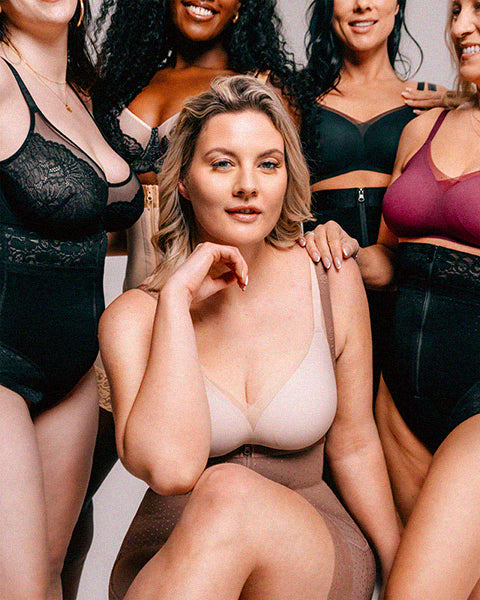
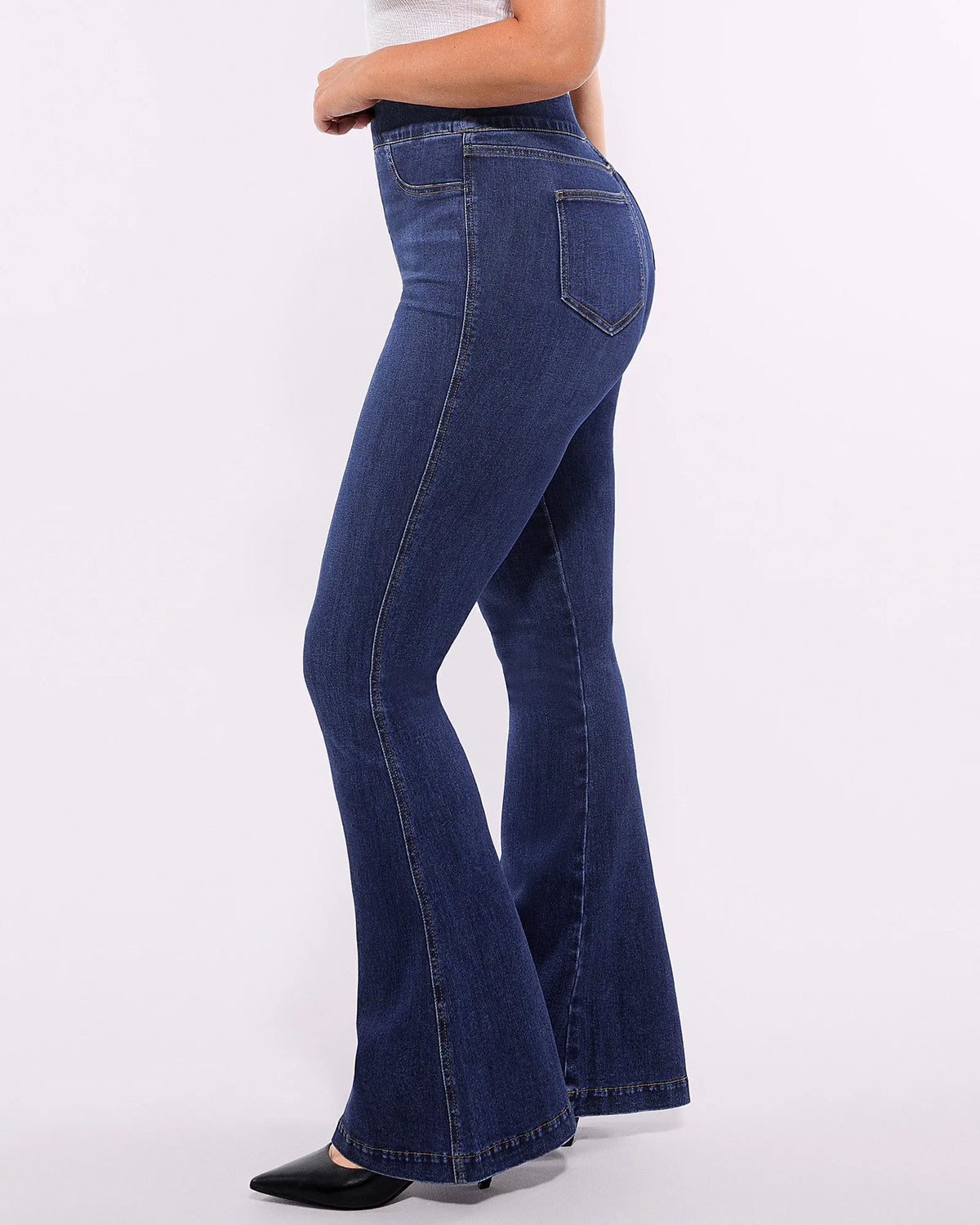
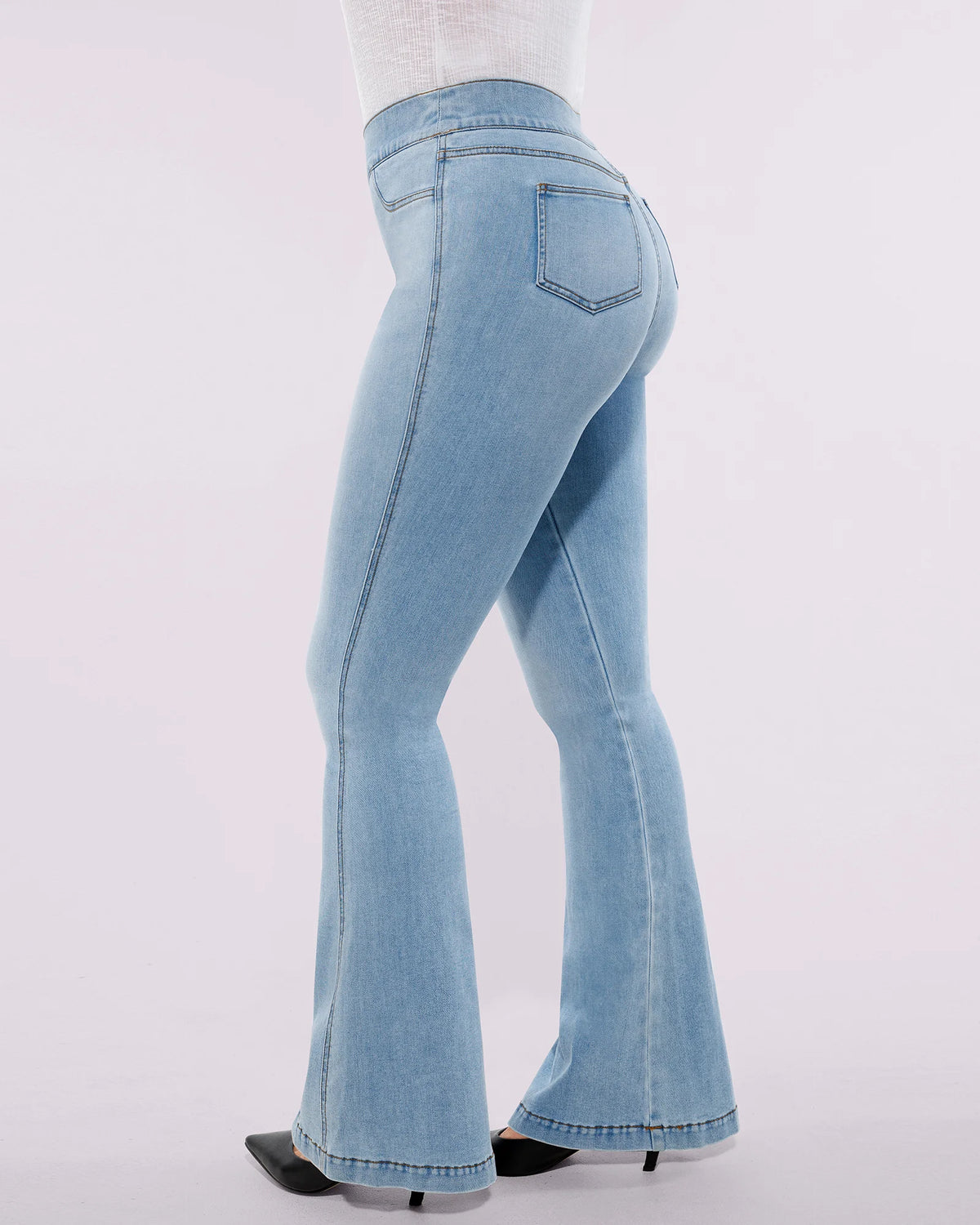


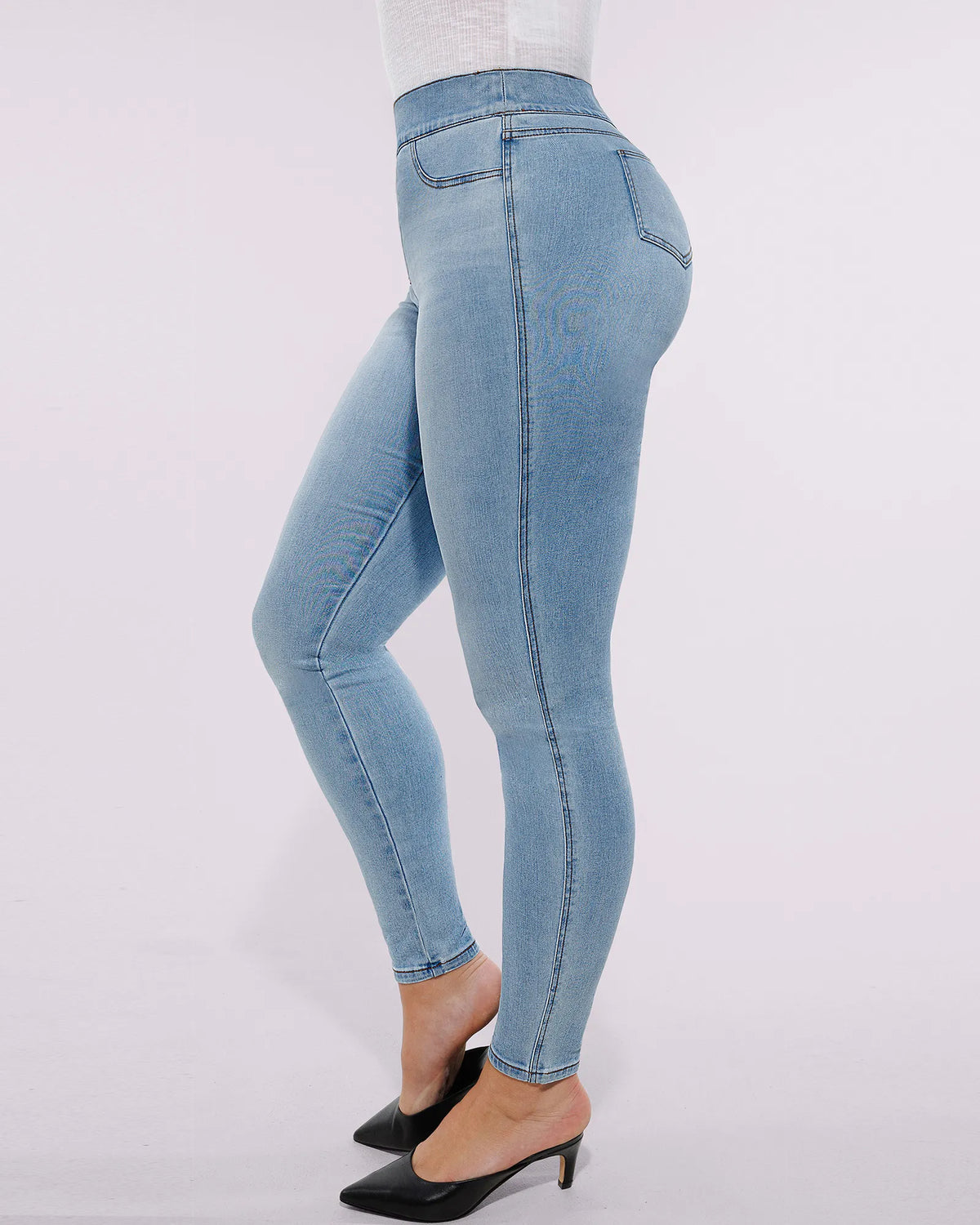
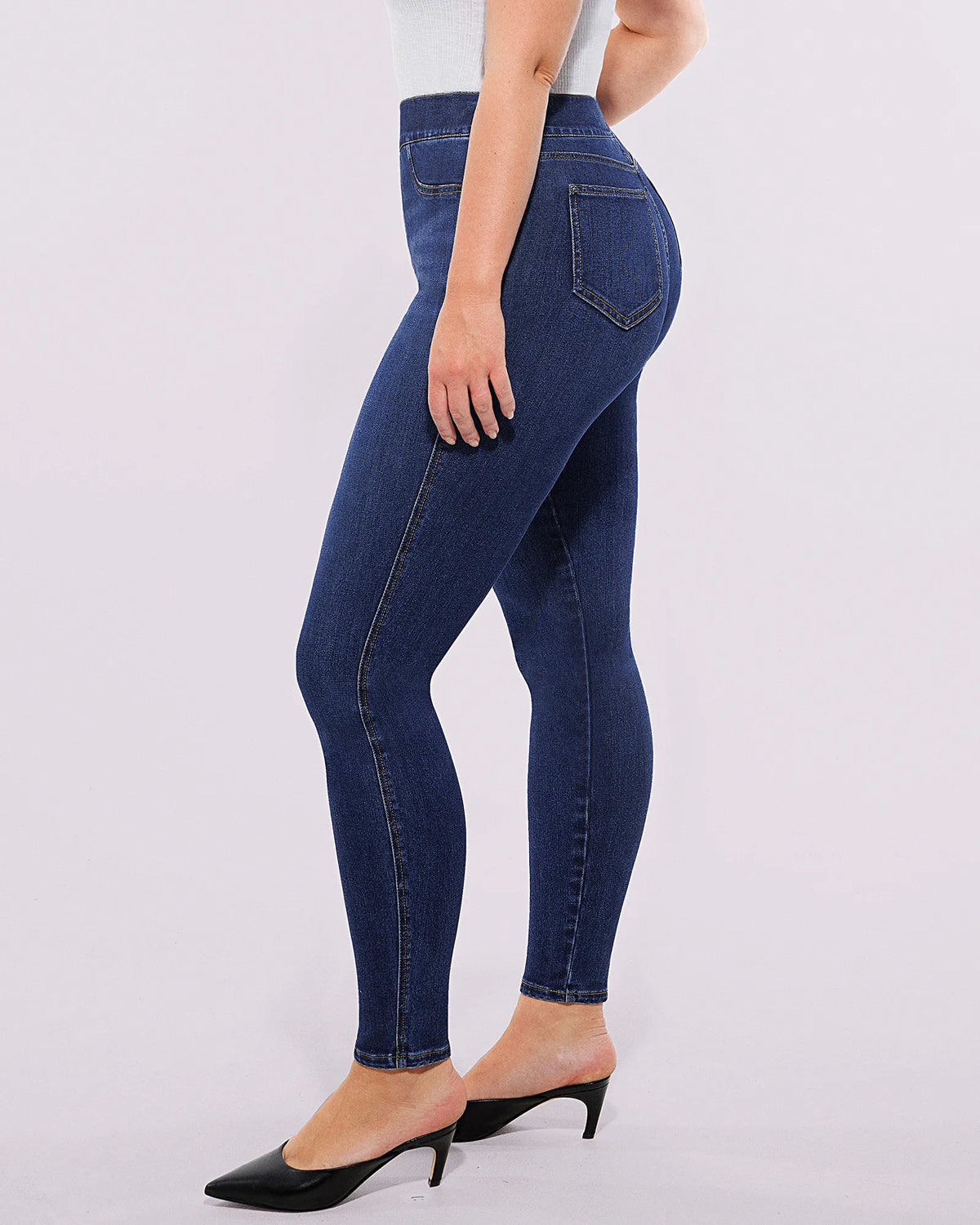





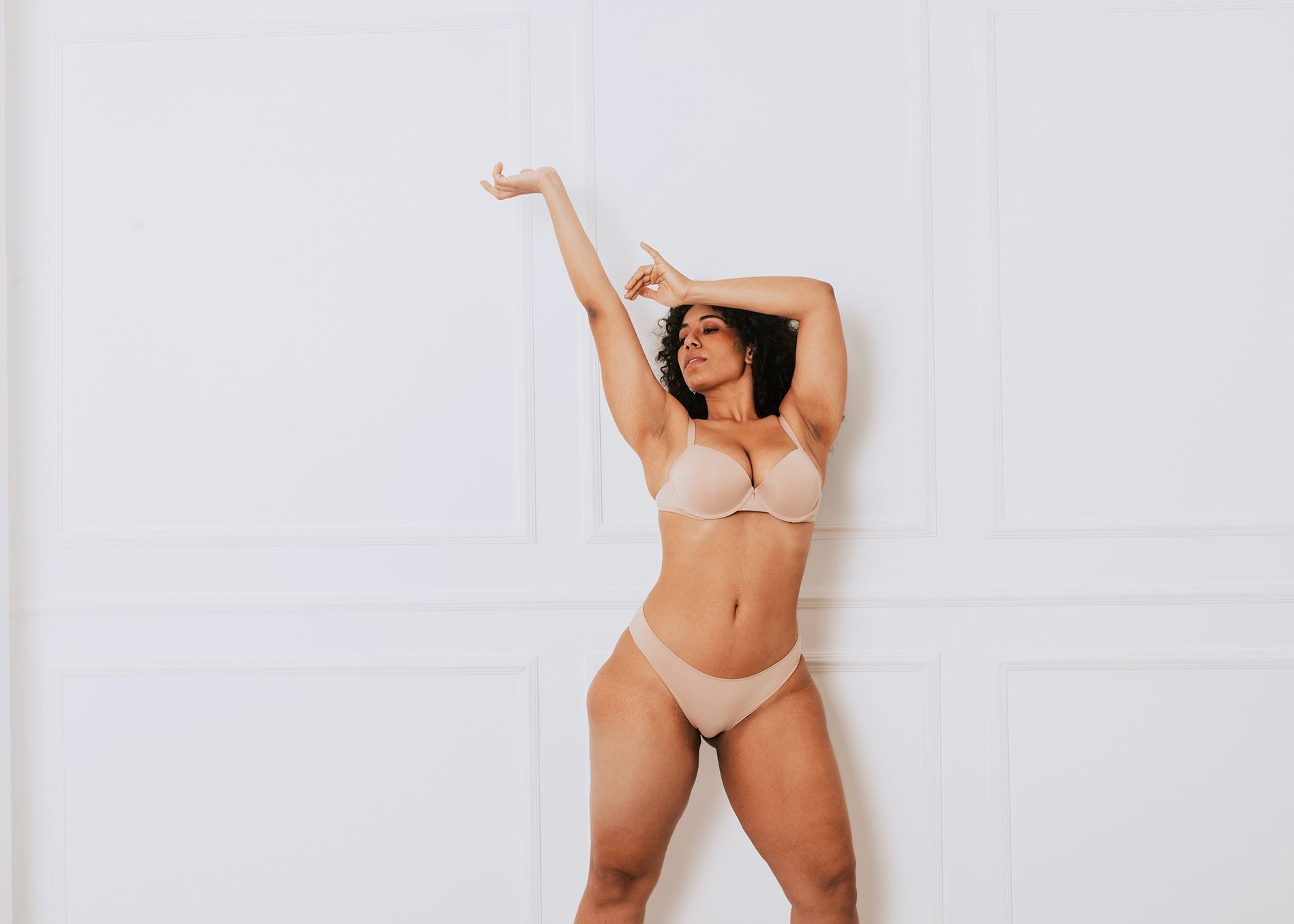

1 comment
maryam
Hi
wana work with you.
Please reply me.
Thanks
Hi
wana work with you.
Please reply me.
Thanks